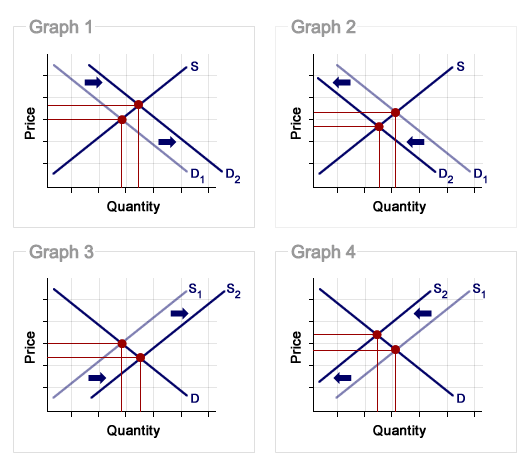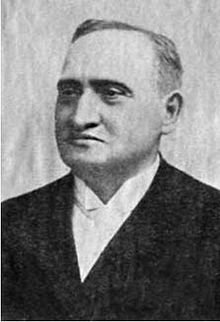Enrico Barone was born in December 22, 1859, Naples, Italy. He was a well-known Italian mathematician and economist who made lasting contributions to modern international trade theory, welfare economics, and expanded the concept of general economic equilibrium that previously expressed by French economist Léon Walras. Barone’s mathematical skill was arguably superior to that of Pareto, who was laying the foundations of modern mathematical economics in the nineteenth century; Barone was able to refine some of his important work.
Enrico Barone was the son of Giovanni and Carolina of Ligouri; He became interested in military history and joined the Neapolitan Military Academy in 1874 ( He was only 15 years old) and signed up for a career in the general staff of the Italian armed forces. Barone was a career army officer until the age of 48, attaining early fame in this career. When he was 35, he appointed a professor at the War College in Turin, which prepares officers destined for general staff duty. He wrote many articles widely in the field of military history and strategy.
After meeting the Italian economist Maffeo Pantaleoni almost instantaneously, he became interested in economic studies. He did not abandon his military studies but he devoted more attention to the subject of economics. Barone maintained his previous positions until December of 1920. However, in 1895 he began to seek a chair in economics in order to dedicate his full attention to the field, but not until 1907, when he received a professorship at the Istituto in Rome.
One of Barone’s most important contributions to economic theory was his demonstration in a theoretical collectivist economy, which the central person would have access to all the information required and the person will plan production rationally and in that way can achieve economic equilibrium. Barone believed he had solved the problems of reaching equilibrium, at least in principle, by presenting the notion of a trial and error process to achieve equilibrium prices. Of course, Barone did not have a solution for a real world economy because all the complex and vast information that exists in once economy.
The so-called "Calculation Argument" has never been answered. It shows that without private property in capital goods, there can be no prices and hence no data available for cost accounting. Production becomes random at best, and completely irrational. Mises had convinced his generation and this book completely devastates the whole socialist apparatus from a theoretical point of view.

Barone is the author of several contributions to economics, including a famous theorem of revenue and taxes that bears his name. He was the first to define the conditions under which a market governed by a regime of perfect competition is Pareto efficient ( is an economic state where resources are allocated in the most efficient manner, and it is obtained when a distribution strategy exists where one party's situation cannot be improved without making another party's situation worse). He expanded the concept of "Pareto efficiency", arguing that not all the losers can be compensated for deviations from the conditions of competitive balance.
Barone introduced the proportions to factor in the variable ' neoclassical economics, contributing to the theory of marginal productivity, which is considered the father. He extended the conditions of General equilibrium theory Walrasian, suggesting the feasibility of the movement trial and error towards the ' market equilibrium. He was a pioneer of the theory of economic indexes.
Baron has been described as "one of the founders of the pure theory of the socialist economy." In 1908, he presented a mathematical model for the economy collectivist whereby certain conditions, later identified with the shadow prices (Where price does not reflect the actual value of a good or commodity, or no market value for a good or commodity exists, shadow pricing can be used). Although Barone was not himself caring toward socialism, his famous work, published in 1908 translated into English in 1935, gave a counter argument to those who insisted that such planning is impossible in the absence of market prices.
He pointed out that this result can’t be attained unless it went through experimentation on a large scale with high requirements in terms of data collection, even assuming the fixity of production relations. With these assumptions, he suggested that the movement towards economic efficiency in collectivist economy is not unthinkable. For this regime, whatever the rule of distribution adopted by the Ministry of Production, the same economic categories would reappear in terms of prices, wages, interest, rent, profit, savings, etc..., though perhaps with different names.
Lastly, Barone played a major role in developing marginal productivity as the basis of the firm’s demand functions for inputs and supply functions for output. However, He never really resolved the dilemma, in a pure competition, how can one firm maximize its profit when the very nature of the market configuration to earn zero profits in equilibrium? Because of the inability to solve this seeming problem, Walras, Pareto, Barone, and their followers confused the maximum profit conditions on marginal value productivities with minimum cost conditions and the maximum profit requirement that price be equated to marginal cost with the condition that it be equal to average cost
